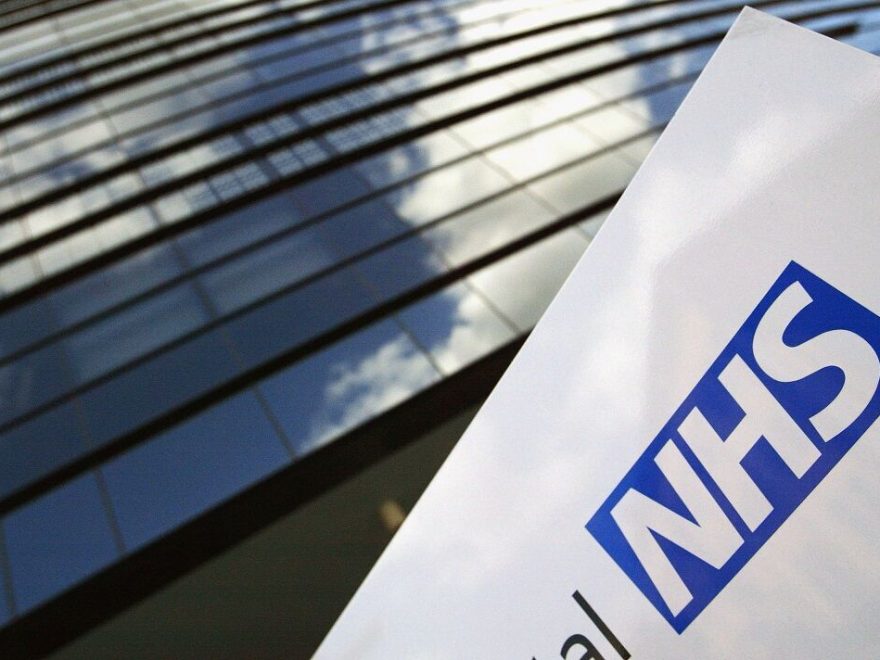
We use your sign-up to provide content in ways you’ve consented to and to improve our understanding of you. This may include adverts from us and 3rd parties based on our understanding. You can unsubscribe at any time. More info
Around seven in 10 NHS trusts are failing to hit the target for seeing patients for suspected cancer. In England, the maximum waiting time is two weeks from the day the hospital receives a referral letter from a GP. Some 93 percent of patients should be seen within this time frame.
However, analysis using data from August 2019 to August 2022, shows this target is routinely not being met.
The 12-month rolling average for the number of trusts not hitting the target stands at 84 out of the 117 trusts in England for whom there is complete data for the last three years.
Naser Turabi, director of evidence and implementation at Cancer Research UK, said: “We expect the number of people going to the doctor about suspected cancer to fluctuate throughout the year, but the NHS should be equipped for that.
“That’s why we need the Government to publish the 10-year cancer plan they have committed to, with a fully-costed and comprehensive plan for investment in cancer workforce.”
Minesh Patel, head of policy at Macmillan Cancer Support, said: “If somebody starts treatment later, the more worrying the outcome could be in terms of their ability to survive their cancer.
“This is about survival and giving people the best chance and improving their quality of life ultimately.”
An NHS spokesperson said: “In order to fully recover from the pandemic, GPs are now referring 20 percent more patients every day than before the pandemic.
“[This] is good news as it will mean more people will get checked and diagnosed earlier.”
The best-performing trusts are Calderdale & Huddersfield, East Kent Hospitals University and Portsmouth Hospitals University.
All three have consistently hit their operational standard of 93 percent, not once failing to do so.
Source: Read Full Article
